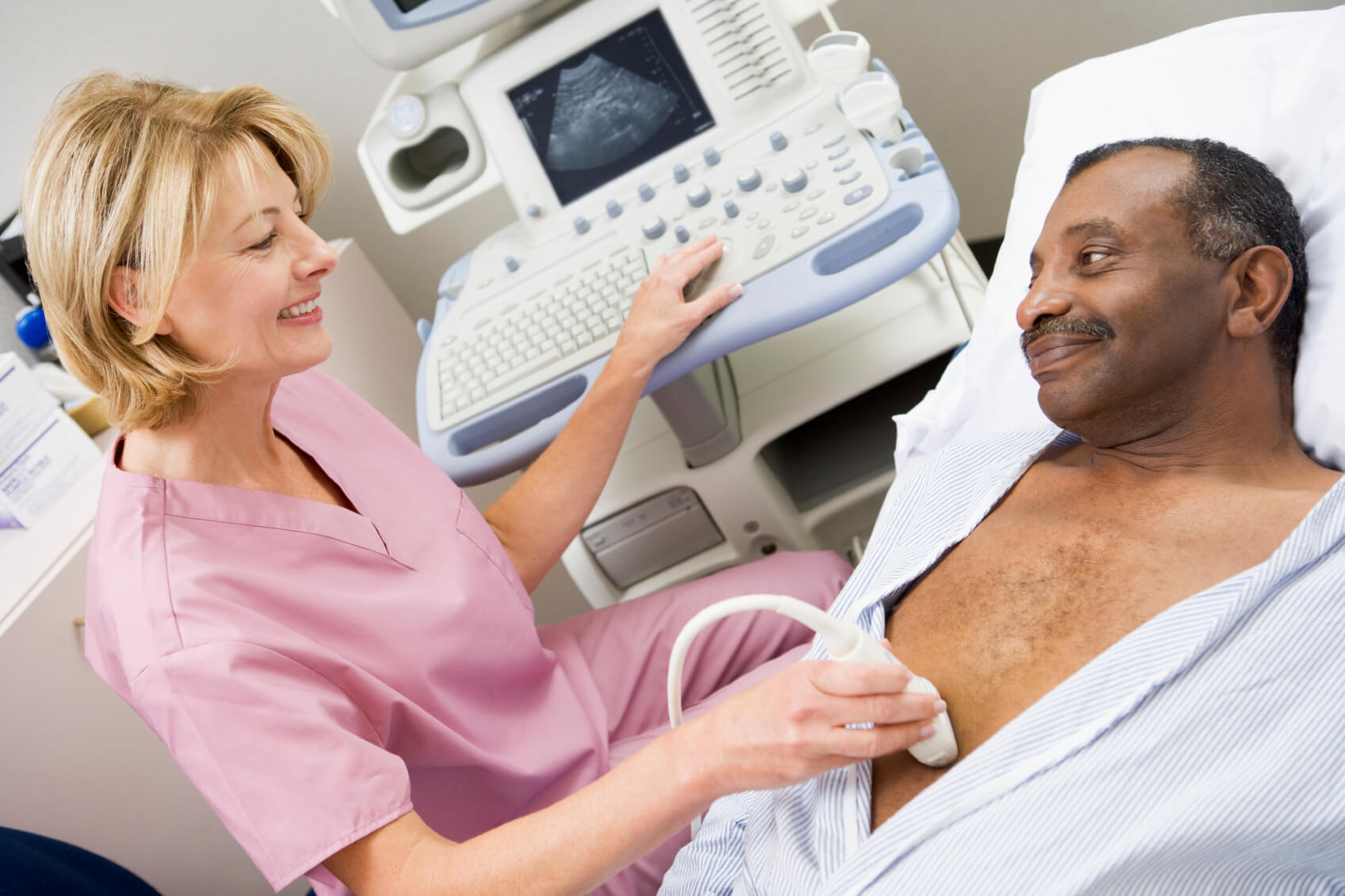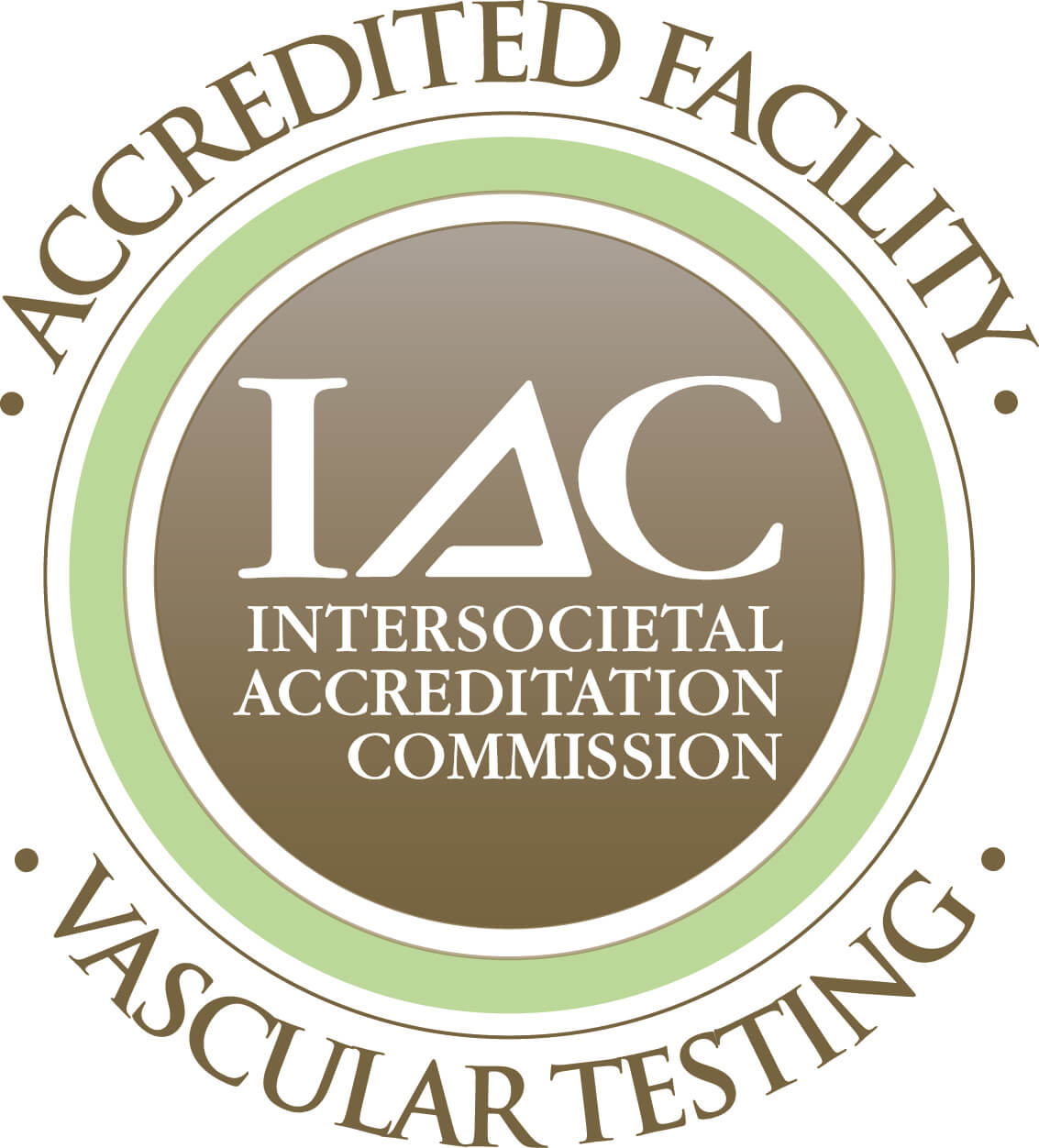Noninvasive Vascular Laboratory Testing

The Johns Hopkins Noninvasive Vascular Laboratory specializes in several tests that look for vascular diseases that may affect how well blood flows in the arteries and veins. The lab examines blood vessels throughout the body that feed major organs and tissue. These tests can help to diagnose and treat many vascular conditions, including peripheral arterial disease (PAD), stroke, aneurysms, and thoracic outlet syndrome.
We perform the following tests:
Ankle-Brachial Index
The ankle-brachial index (ABI) is a test that uses inflatable pressure cuffs to assess blood flow in the legs and arms.
What to Expect
A registered vascular technologist (RVT) will measure the blood pressure in your arm and ankles using a blood pressure cuff. The RVT will compare the blood pressure from your ankles and your arm to form an ABI ratio, which is a predictor of how the circulation in your legs is performing.
Duplex Ultrasound
The duplex ultrasound evaluates the blood flow through your arteries and veins. There are several types of ultrasound tests:
- Carotid ultrasound – ultrasound of the carotid arteries in the neck to identify or rule out blockages that can lead to a stroke
- Renal ultrasound – ultrasound of the blood flow to the kidney to evaluate if there are significant blockages to the kidneys.
- Abdominal ultrasound – ultrasound of the abdomen for identification and evaluation of aneurysmal disease of the aorta and its branches.
- Mesenteric ultrasound – ultrasound of the mesenteric arteries to evaluate blockages that may be contributing to abdominal pain or ischemia of the intestines.
What to Expect
A registered vascular technologist or RVT will place a clear gel on the skin and use an ultrasound scanning probe to obtain images of your arteries and veins.
Before the Test
- Confirm specific medication and dietary restrictions with your physician.
- Wear loose, comfortable clothing.
After the Test
Your report will be reviewed and read by a vascular surgeon trained in the reading of vascular lab examinations and this report will be sent to your referring physician. If indicated, you may also have an appointment with a vascular physician who will review your symptoms and the findings of the vascular laboratory testing to design a treatment program to improve your condition.
Risks
There are usually no side effects or complications associated with ABI and duplex ultrasound examinations.
The Johns Hopkins Noninvasive Vascular Laboratory has been re-accredited by the Intersocietal Accreditation Commission, making it one of the nation's most elite vascular labs. The laboratory is a leader in extracranial cerebrovascular testing, peripheral venous, peripheral arterial, and visceral vascular testing.

